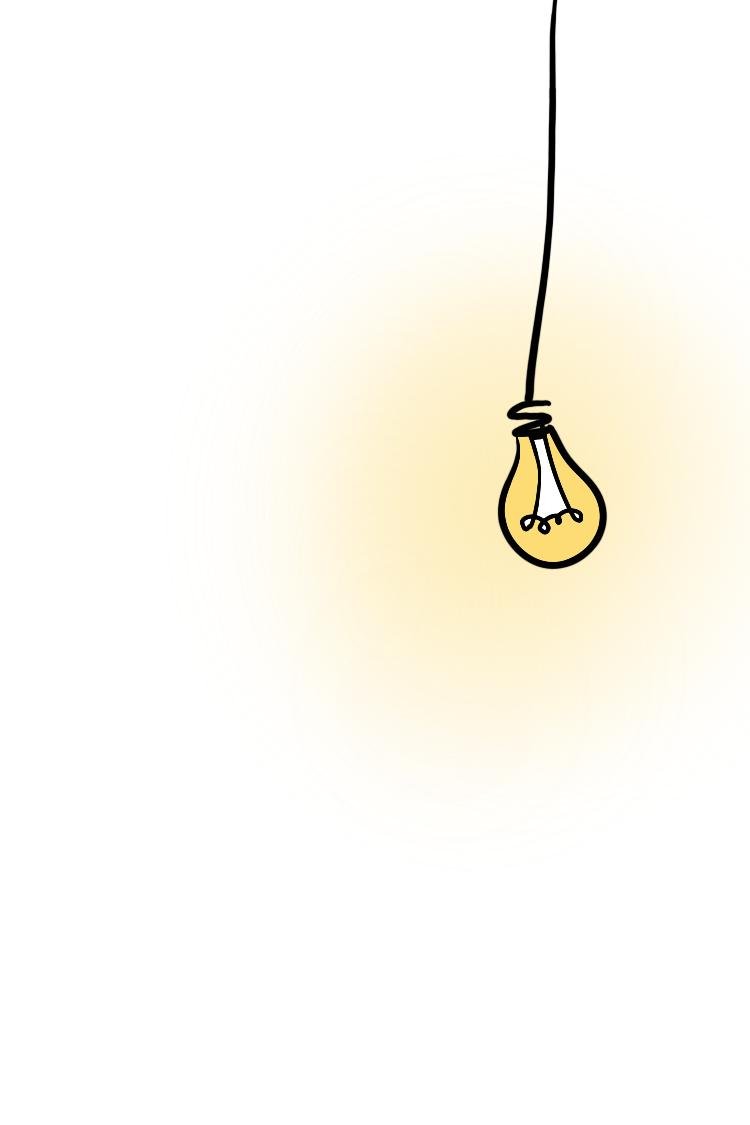
Research and Credibility
Expand the fields to see more about different medicines being studied and for links to research materials and publications.
-
MDMA has been studied over several decades within the therapeutic context, beginning in the late 1970s. Beginning with anecdotal effectiveness of MDMA in therapy among the work of some psychologists, studies began to validate the use of this medicine for trauma. More recently, MDMA has been studied for treating Post Traumatic Stress Disorder (PTSD) with Phase 2 studies demonstrating significant results; in a publication by Mithoefer et al. (2019) it was reported that following the analysis of six phase two studies, 54% of participants no longer met diagnostic criteria for Post-Traumatic Stress Disorder. These studies also suggest in their results that undergoing MDMA-assisted therapy may have long term effects as well, as at a 12-month follow-up, more participants no longer met the criteria for PTSD (66%). In a 2021 Phase 3, the effectiveness of MDMA for PTSD continues to be reported, with 88% of the participants who were given MDMA over the placebo showed clinically meaningful change, and 67% no longer meeting the diagnostic criteria for PSTD. While there has been very exciting results showing up in scientific studies, researchers and professionals continue to work on research about the use of MDMA in mental health care.
-
Psilocybin has been researched for several decades and is also believed to have been used in medicinal ceremonies around the world by different indigenous groups. Health Canada has been making promising changes to allow psilocybin-assisted therapy for select groups of people such as those suffering from life-threatening illness, and end-of-life patients. Johns Hopkins Medicine has discovered significant anti-depressive affects in participants for months following treatments, and more recently discovered that these effects may last for a least one year in some participants (Gukasyan et al., 2022). Psilocybin has also been studied via Johns Hopkins for its capacity to assist in smoking cessation in adjunct with cognitive-behavioural therapy, in a 2014 study. Similar results were also found in 2019 for people suffering from alcohol abuse, and other substance use disorders. There is also exciting research taking place currently in Canada via ATMA regarding burnout and anxiety in folks working in healthcare. While there is a lot of scientific research about the efficacy of psilocybin for mental health concerns, there is also anecdotal support for these findings.
